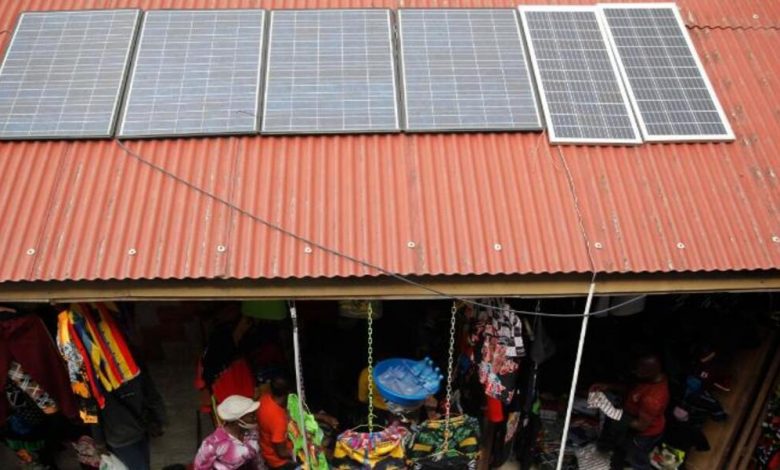
With 206 million people, chronic poverty, and massive oil reserves, Nigeria is the largest economy in Africa. Energy does not come cheap in the country, yet it does not stop wealthy nations from pressuring it to ditch fossil fuels and switch to renewable energy.
Nigeria is hardly the world’s worst carbon polluter. According to the World Bank, a typical Nigerian emits less than 0.7 tonnes of CO2 compared to North America’s 15.3 metric tonnes, for example.
“The biggest justice issue is that the countries that are the least developed are also the most vulnerable and have the least ability to adapt to climate impacts,” said Amal-Lee Amin, climate change director at CDC Group, a development finance institution in the UK.
When pushed to stop producing fossil fuels, scientists believe affluent nations must invest billions of dollars in discovering alternatives that simultaneously promote economic growth and safeguard the planet. If it doesn’t happen, the world’s poor may be left behind.
At COP26, Nigerian President Muhammadu Buhari joined other major energy exporters, notably Saudi Arabia, in pledging to achieve net-zero emissions by 2060. However, he also underlined that Nigeria needs “adequate and sustained technical and financial support” to achieve its objective.
“In Nigeria, clean energy is central to our government’s plan to transition to net-zero emissions,” said Vice President Osinbajo. “But our citizens cannot be forced to wait for battery prices to fall or new technologies to be created in order to have reliable energy and live modern, dignified lives.”
